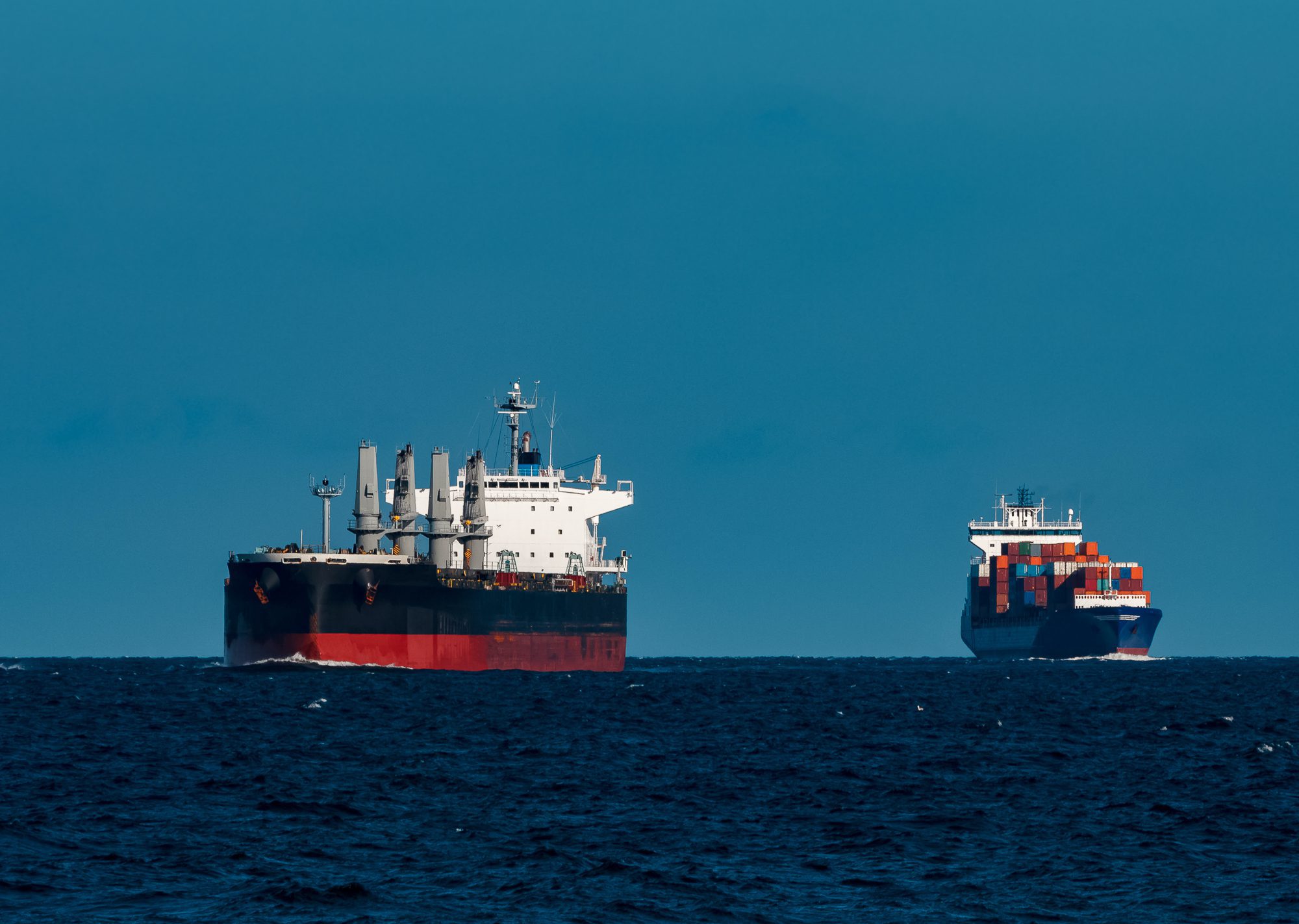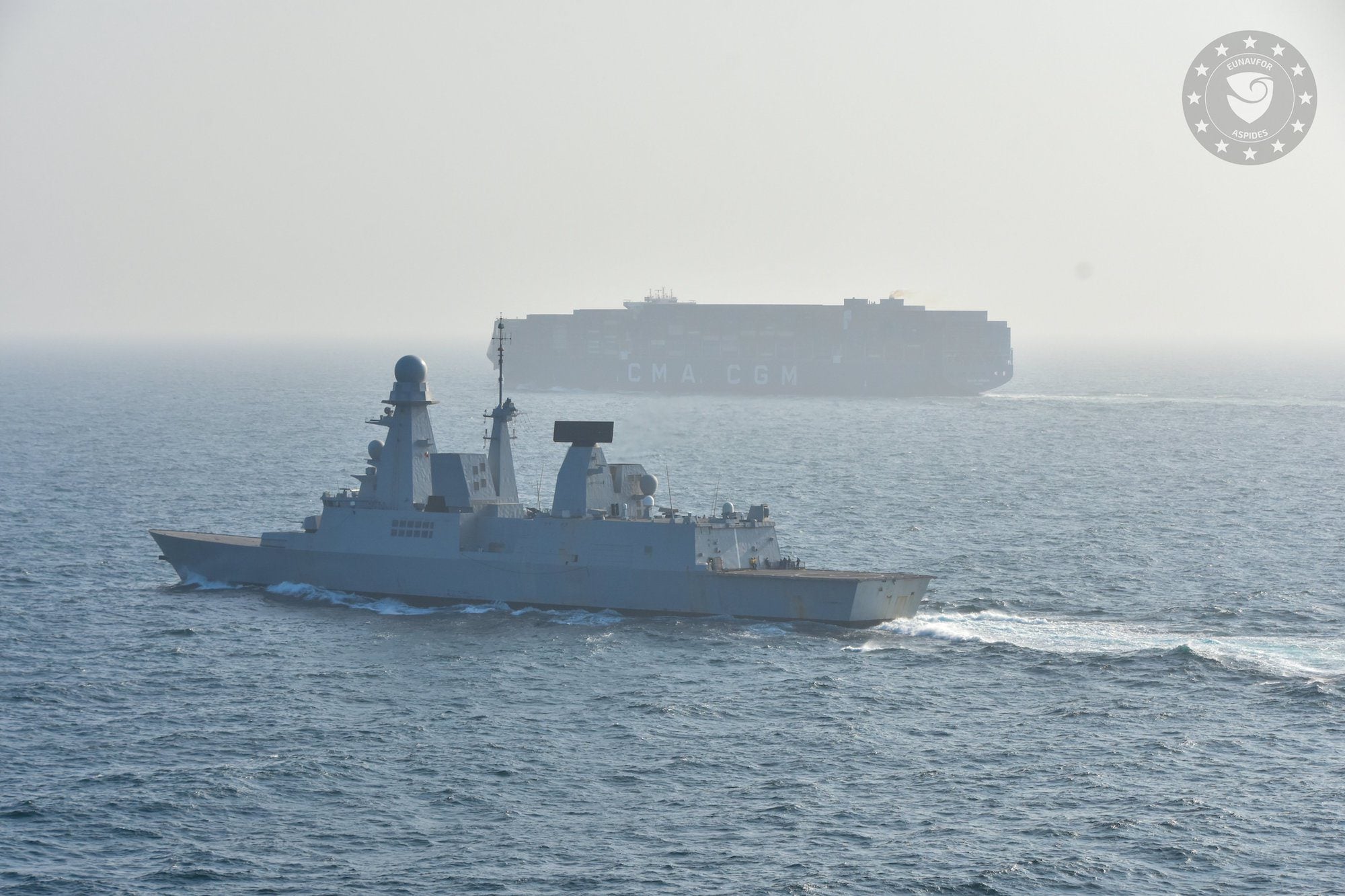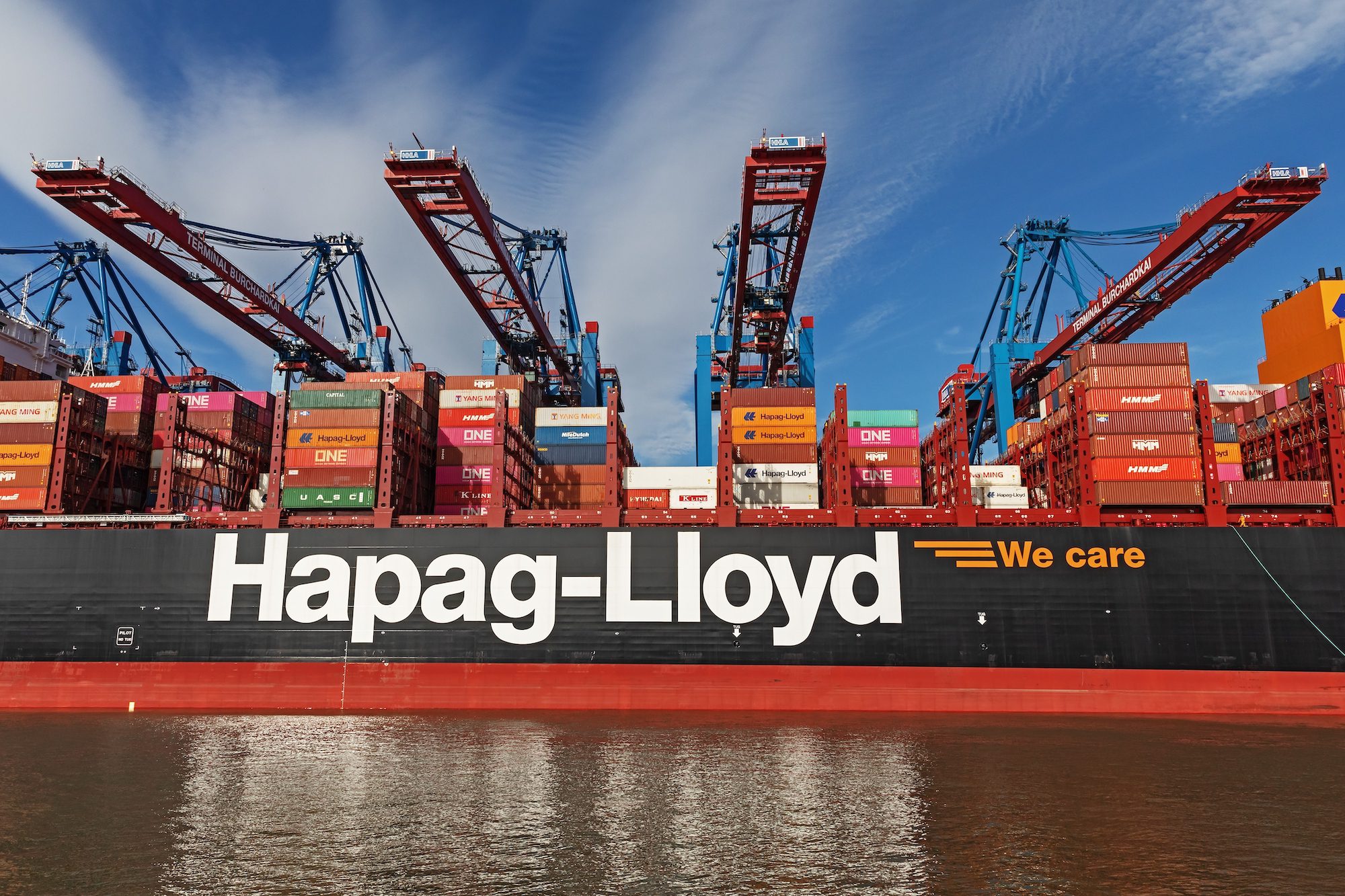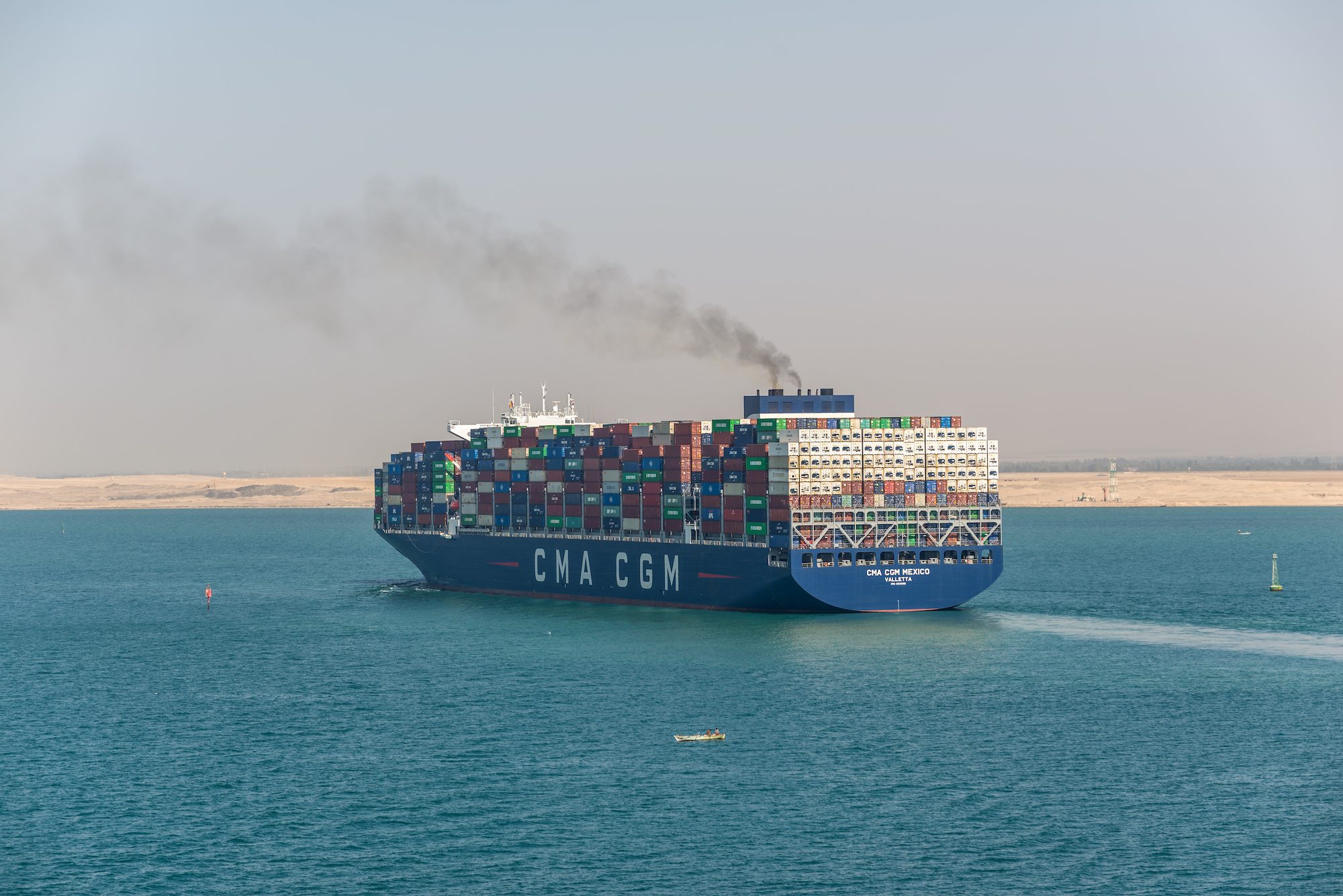(Bloomberg) —
A chunk of global shipping is now avoiding the Red Sea after a run of attacks on vessels in the key waterway that is vital for the transportation of everything from oil to coal and televisions.
Since the attacks ramped up last month, at least 13 vessels have been subject to incidents in the area. Security company Ambrey Intelligence puts the figure even higher than that.
Here are some of the key figures showing the impact of the attacks so far.
Fewer Big Ships
Vessel tracking shows the number of vessels entering the Gulf of Aden was 58 on Dec. 17.
When weighted by ship size, that’s down 70% from the daily average recorded in the first half of December, according to Clarkson Research Services Ltd, a unit of the world’s largest shipbroker. By number of vessels, it’s down 30%.
The diversions are adding to the distances traveled by ships, lifting demand for the vessels.
A voyage from Asia to Northern Europe — one that would be typical for containers carrying everything from toys to furniture — adds about 3,200 miles when sailing around Africa instead of through the Suez Canal, Clarkson Research said.
It all means goods will take longer to get to their destinations. A longer voyage on that route costs about $1 million in extra fuel, according to Peter Sand, chief analyst at Xeneta.
Container Trade
Among the companies that have announced a suspension are European liners like A.P. Moller-Maersk A/S and CMA CGM as well as Asian ones like Yang Ming and HMM Co.
Among firms whose fleet’s use the Suez Canal, almost all have either paused activities or diverted.
On Tuesday some even began declaring force majeure — meaning they can’t fulfill contractual obligations.
Oil Impact
Two oil and gas giants, BP Plc and Equinor ASA, have to varying extents said that they have pulled their ships away from the area for now.
Of the major tanker companies, Euronav NV said it is keeping its vessel out of the affected region and won’t go back until there are convoys to protect vessels. Frontline Plc said it was considering a similar move.
Maersk Tankers, a huge operator of refined-fuel carriers, is insisting on options to be able to go around Africa.
Shipping Shares
The shares of shipping companies have boomed.
The Solactive Global Shipping Index, which tracks the value of 47 business involved in the maritime sector, is up 11% since Dec. 13 and touched a record high since it began being published in 2015.
Insurance Hike
Since the attacks first began there’s been a marked increase in the cost of insurance for ships sailing in the world’s riskiest areas.
So-called war-risk cover has risen tenfold since before the attacks. Quoted as a percentage of the value of the ship, that figure has climbed to about 0.2% in recent weeks.
London insurers on Monday increased the area in which such cover is needed.
Security Level
Some vital service providers to merchant shipping have instructed ships to boost security levels.
Ships sailing under the flag of Liberia — which is the most commonly used one for the world’s oil tankers — were told in recent days to adopt security level three when transiting the region.
Maritime security generally has three levels, of which three is the highest.
The designation means ships must assume an attack is imminent, according to security consultant Dryad Global. It is not necessarily helpful to ships being attacked by cruise missiles.
© 2023 Bloomberg L.P.
Editorial Standards · Corrections · About gCaptain
This article contains reporting from Bloomberg, published under license.

 Join The Club
Join The Club











